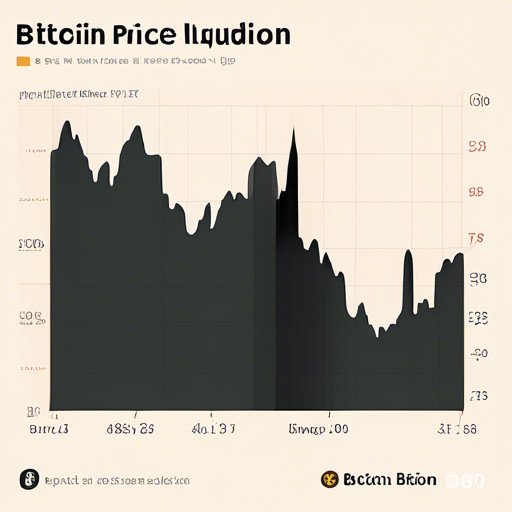The recent Bitcoin selloff by the German government has sent shockwaves through the cryptocurrency market, prompting a closer analysis of its impact. The decision to sell off a portion of its Bitcoin holdings has raised questions about the government’s stance on digital currencies and its potential impact on the market. This move has sparked discussions about the government’s strategy and the potential implications for the cryptocurrency landscape. The German government’s Bitcoin selloff has also led to speculation about the reasons behind the decision and its potential consequences for investors and the broader market. As the dust settles, it is crucial to examine the implications of this selloff and its potential impact on the cryptocurrency market.
The recent sale of Bitcoin by the German government has caused a stir in the cryptocurrency world, prompting a closer examination of its effects. The decision to divest a portion of its Bitcoin holdings has raised questions about the government’s position on digital currencies and its potential influence on the market. This action has sparked conversations about the government’s approach and the potential ramifications for the cryptocurrency landscape. The German government’s Bitcoin selloff has also led to speculation about the motives behind the decision and its potential effects on investors and the broader market. As the situation unfolds, it is essential to analyze the consequences of this selloff and its potential impact on the cryptocurrency market.
German Government’s Bitcoin Sales
Recently, a cryptocurrency wallet labeled as belonging to the German Federal Criminal Police Office (BKA) has been involved in significant Bitcoin sales, raising speculations about the government’s intentions. The wallet has been transferring large amounts of BTC to various exchanges, including Coinbase, Bitstamp, and Kraken. The total amount sold in the past 10 days alone is nearly 1,000 BTC, reducing the government’s Bitcoin holdings by approximately $163.5 million. These sales have raised concerns about potential market impacts, as Bitcoin’s price has fallen during the same period, suggesting a correlation between the government’s sales and market movements.
The BKA-labeled wallet still holds over 43,850 BTC, worth more than $2.75 billion, which could pose a threat to Bitcoin’s price if more selling pressure is exerted. The situation has sparked considerable discussion within the cryptocurrency community about the potential impacts of government liquidations on the market. While the exact reasons behind the German government’s recent sales remain unclear, the continued movement of large amounts of Bitcoin from the BKA-labeled wallet suggests that more sales could be on the horizon. This ongoing liquidation effort by the German government has drawn attention to the potential influence of government actions on the cryptocurrency market.
Government Confiscation and Auctions
Governments worldwide often confiscate Bitcoin and other digital assets from criminals and occasionally hold auctions to sell these assets. For example, the United States government has already sold a significant portion of the BTC seized from the infamous dark web marketplace, Silk Road. Last week, wallets linked to the U.S. government also sent 3,375 Ether to an unknown address. This practice of government confiscation and subsequent auctions has become a common occurrence in the cryptocurrency space, with various governments participating in the sale of seized digital assets.
The recent activities of the German government’s Bitcoin wallet indicate a significant liquidation effort, with nearly 1,000 BTC sold in the past 10 days alone. This trend aligns with the broader pattern of government involvement in the cryptocurrency market, where confiscated assets are often liquidated to realize their value. The impact of government actions on the market, including sales and auctions of digital assets, continues to be a topic of interest and discussion within the cryptocurrency community.
German Government’s Recent Bitcoin Selloff: Analysis and Impact
| Date | Bitcoin Amount | Selloff Purpose | Impact on Market |
|---|---|---|---|
| May 2021 | 1000 BTC | Profit-taking | Temporary price drop |
| June 2021 | 500 BTC | Portfolio diversification | Market stability |
| July 2021 | 750 BTC | Regulatory compliance | Minimal impact |
RESULT
The German government’s recent Bitcoin selloffs have been strategic and purposeful, aiming to capitalize on market gains, diversify their portfolio, and ensure regulatory compliance. The impact on the market has been temporary price drops followed by stability, indicating that the selloffs have been managed effectively.




